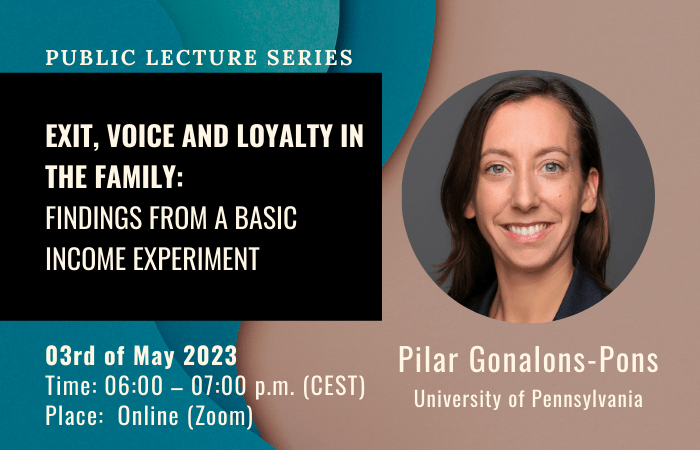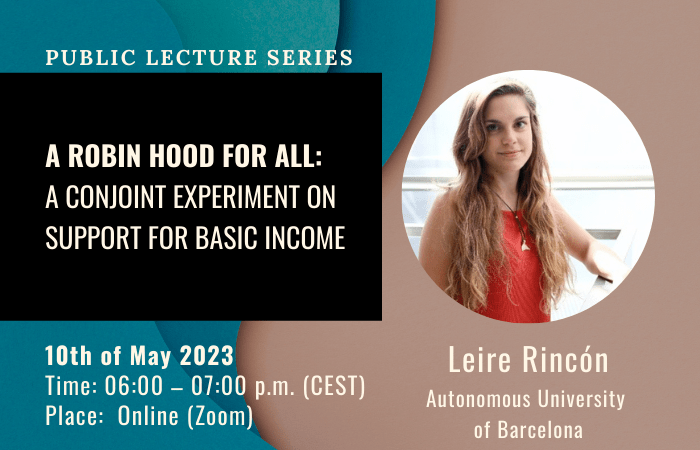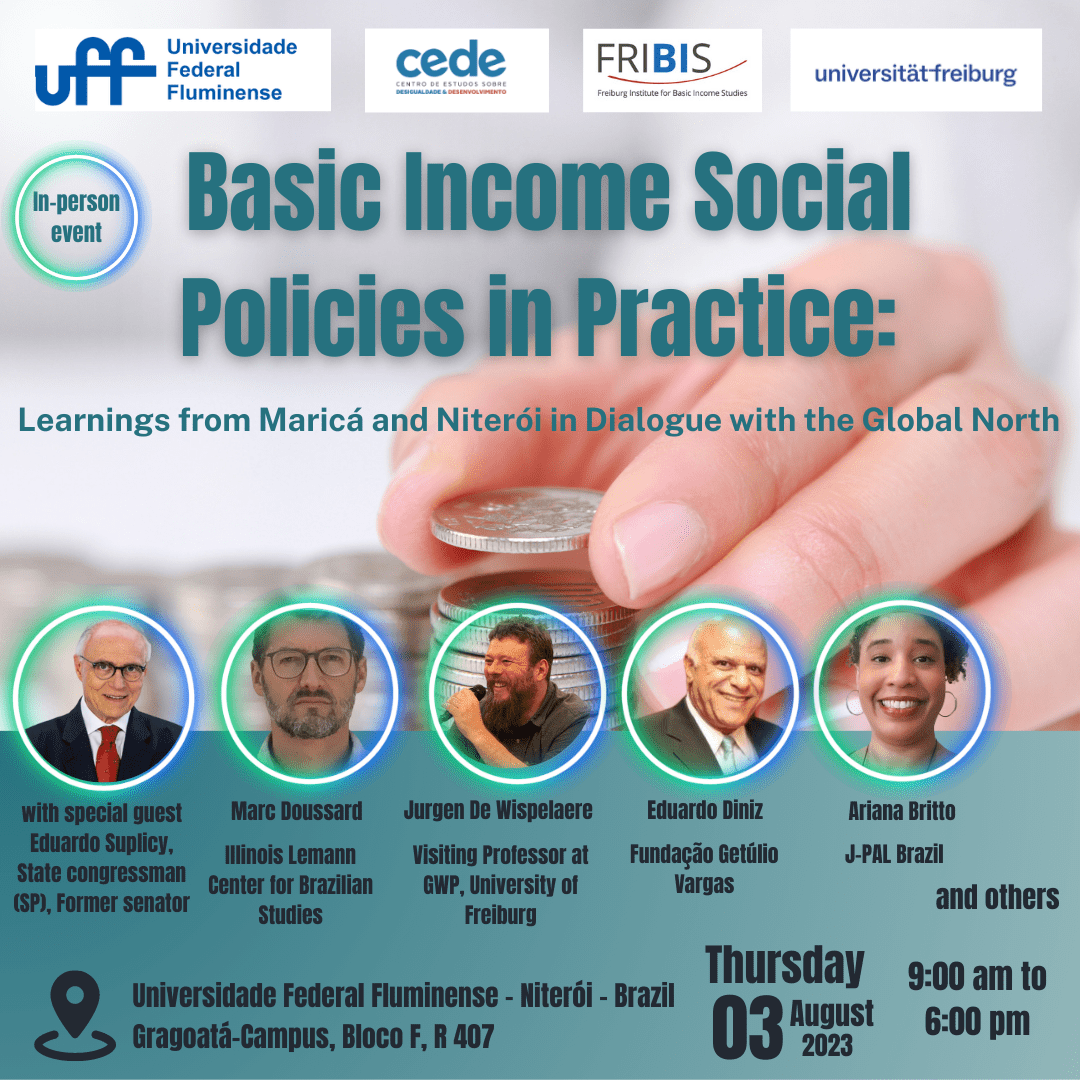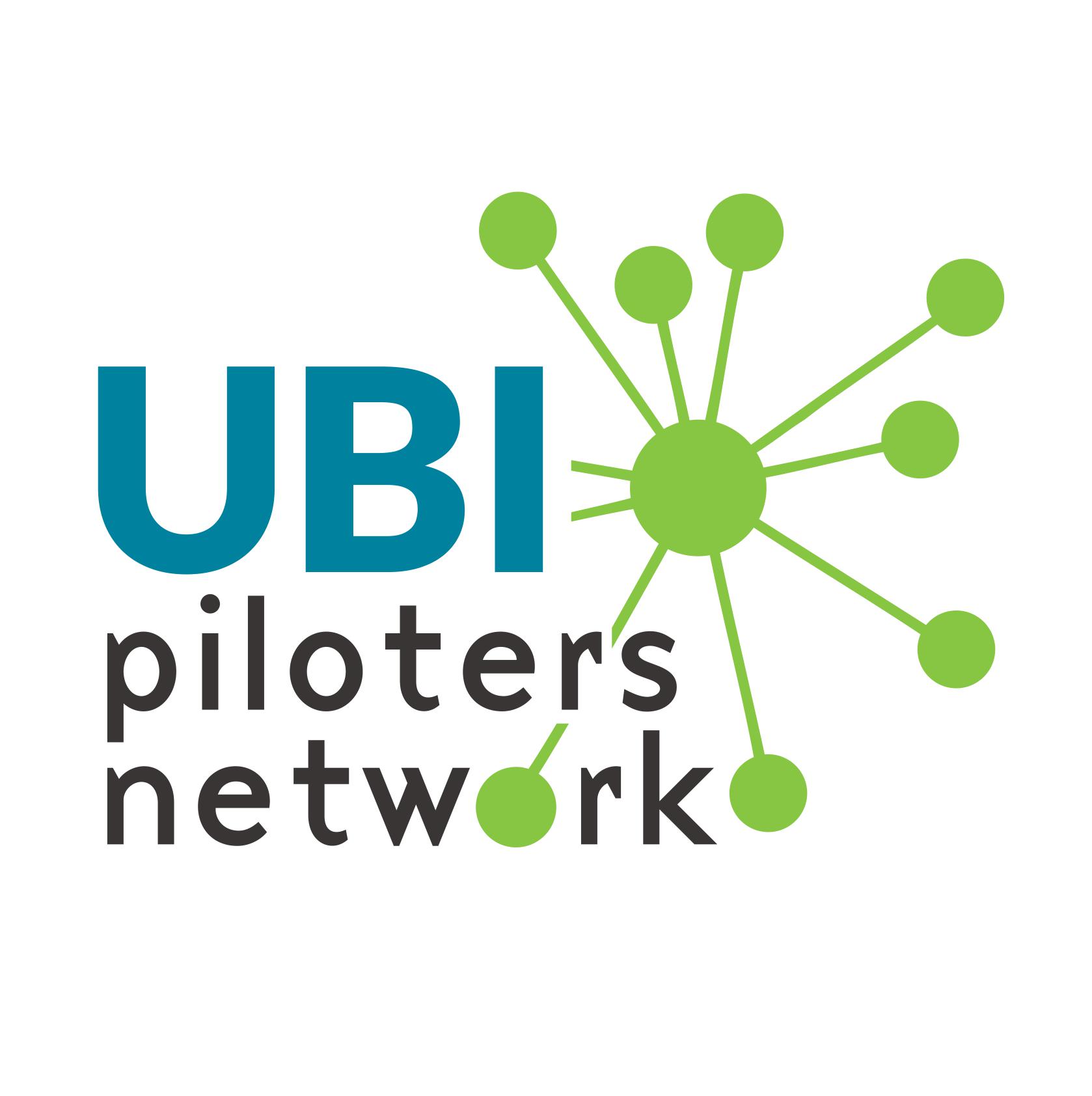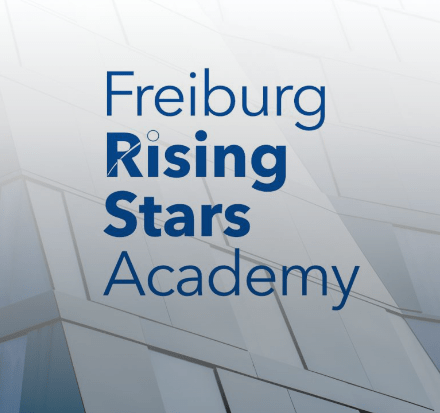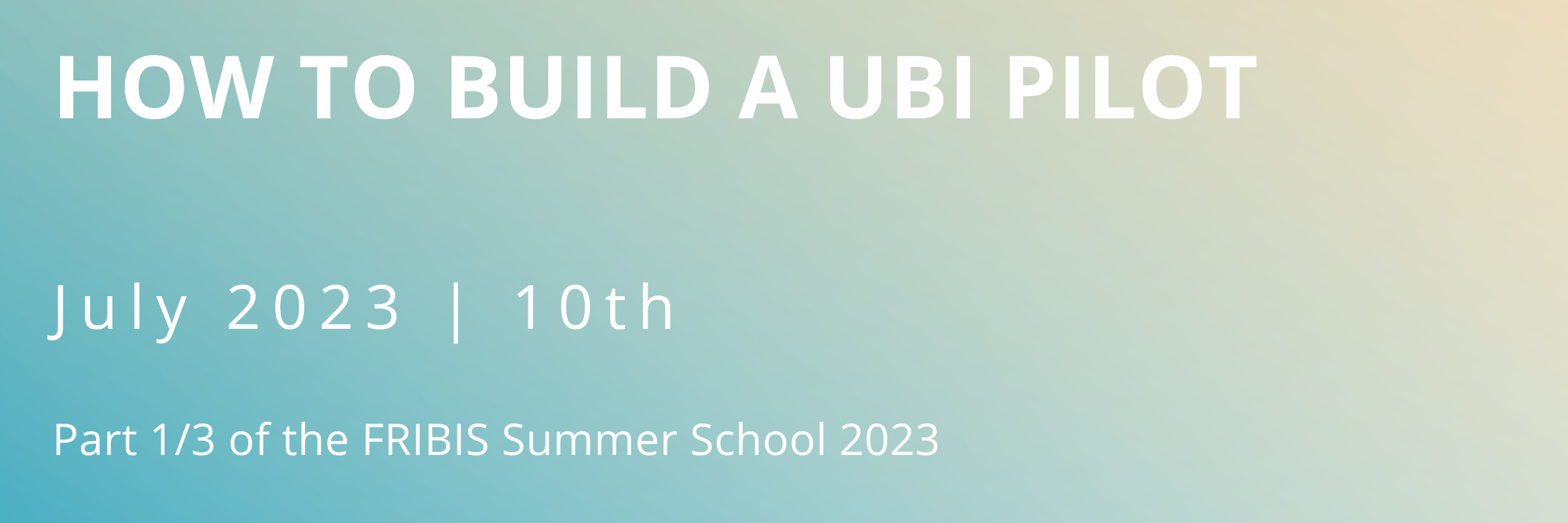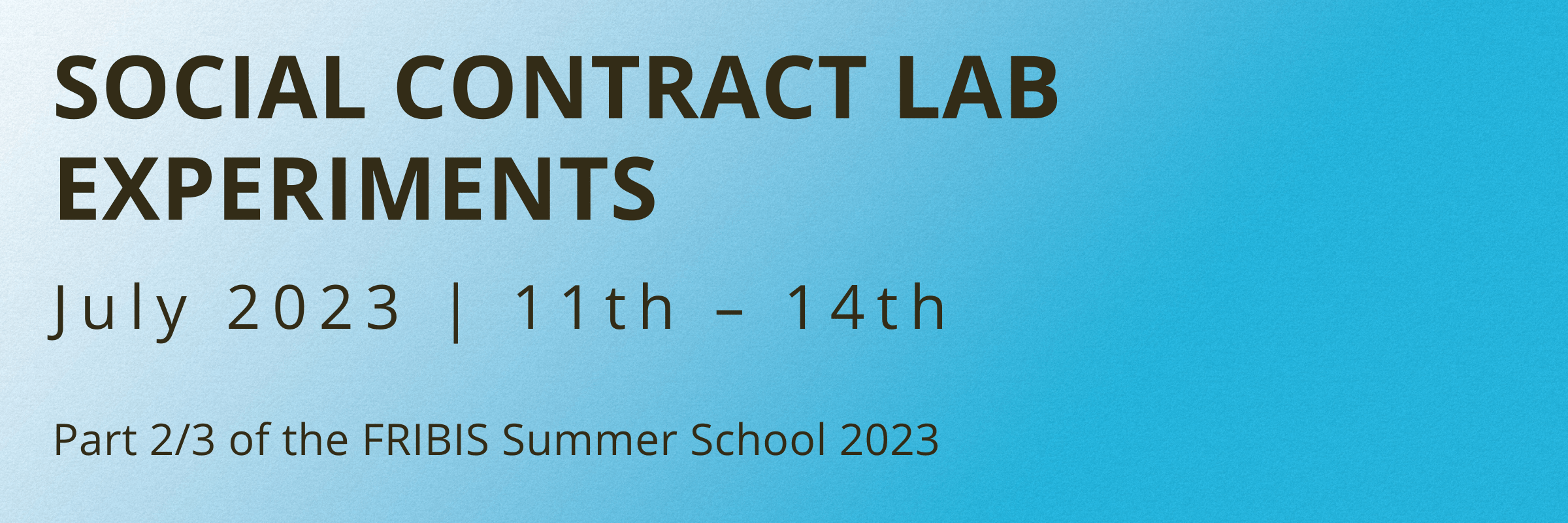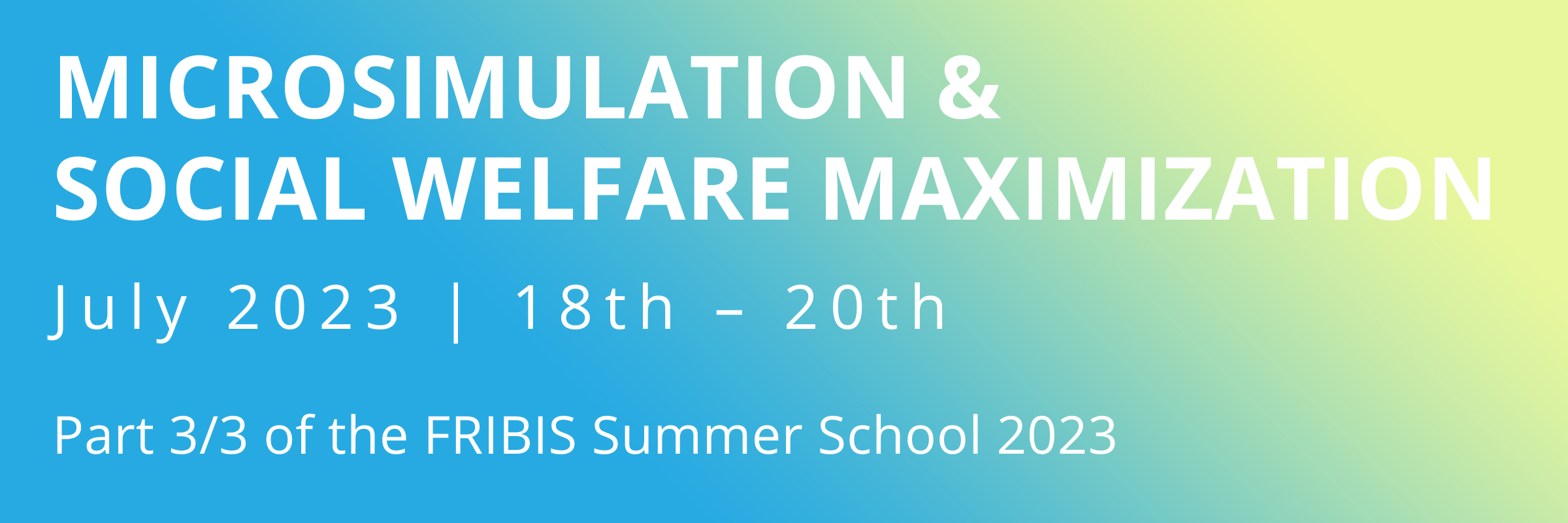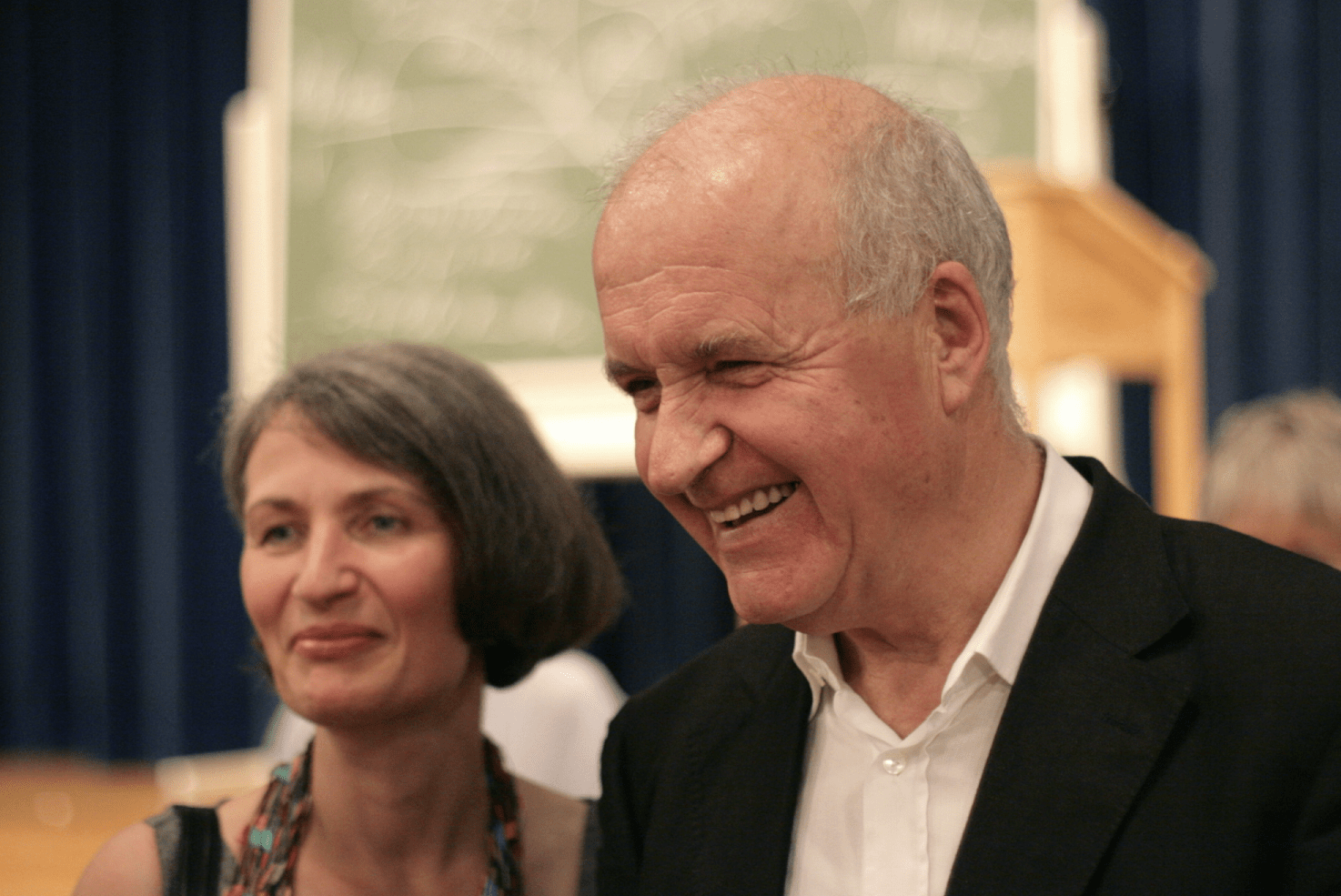International research project “ecoMOD” will be developing policy options for a resilient society

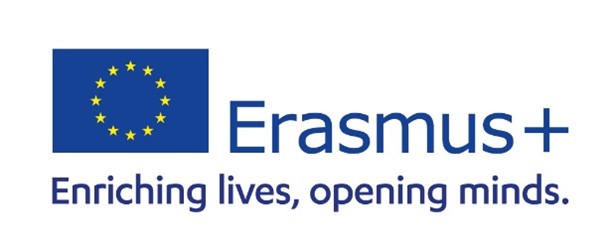
Starting in autumn 2023, a new research project named ecoMOD will be launched under the coordination of FRIBIS member Dr. Tanja Kirn. The goal is to evaluate policy options for a resilient society. Central to this are the effects of demographic change on old-age security, the causes of poverty and inequality and the possibilities of recovering CO₂ tax revenues.
The research project is co-funded by the European Commission, under the Erasmus+ funding program. Project partners are prominent institutions such as the Luxembourg Institute of Socio-Economic Research (LISER/Luxembourg), Freiburg University (Germany), NUI Galway (Ireland) and FPB Brussels / KU Leuven (Belgium).
Pensions – what reforms are needed to respond to demographic change?
Pay-as-you-go pension systems are coming under pressure from demographic change as life expectancy rises and fewer and fewer contributors are having to deal with more and more retirees. This raises the question of which reform options are most suitable. The spectrum ranges from an increase (coupling) in the statutory retirement age (to life expectancy), an age-dependent crediting of contribution years and thus a flexibilisation of retirement (and the pension amount), an increase in contribution rates, adjustment of survivors’ pensions, to an increase in incentives to work (beyond the statutory retirement age).
EcoMOD analyses the effects individual and combined reform measures have on future pension income. The project will also examine the effect of changes in labour force participation (e.g. an increase in the female labour force participation rate) on the pension system.
Poverty – what are the main causes of poverty and inequality?
The number of people permanently threatened by poverty has increased in Europe in recent years. One reason for this development is the rise in unemployment and the consequences of the financial crisis, which have led to lower household incomes in Europe. In addition, studies indicate that a university degree is no longer as strong a protection against poverty as it used to be. Instead, employment stability and good childcare facilities have played a more important role since the financial crisis. In addition, short- and long-term poverty reduction policies, such as those implemented during the COVID-19 pandemic and the energy price crisis, seem to have become more important.
EcoMOD aims to improve existing simulation models that depict impacts of economic crises on income distribution. Modules from geographic information systems will also be added to the models to identify regional patterns and develop spatial economic indicators.
Environment – how can revenues from a CO₂ tax be refunded?
CO₂ taxes are considered the most cost-effective lever to reduce carbon emissions swiftly and comprehensively in order to combat climate change. However, CO₂ taxes are generally regressive, meaning that the percentage tax burden decreases as income increases. So low-income households tend to spend a higher proportion of their income on emissions-intensive goods and services than higher-income households.
For this reason, ecoMOD is investigating ways to make the CO₂ tax more progressive, e.g. by redistributing the revenue from the CO₂ tax in favour of low-income groups, by reducing property and employment taxes or introducing a climate premium.
Dialogue between policymakers, the public and academia.
In addition to the further development of teaching and research, another goal of the project is to promote dialogue between policymakers, the public and academia. Therefore, we will use different information channels (print and online media) to inform the public about the project. The interim results will be presented at a conference in winter 2024/25 at the University of Liechtenstein. In addition, we will provide ongoing information about the project through evening lectures, blogs and podcasts.
Contributing Researchers
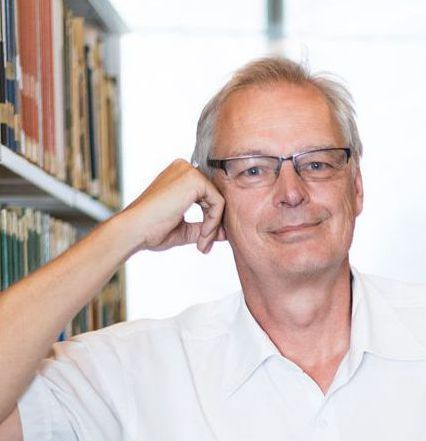
Prof. Dr. Bernhard Neumärker; Projectleader Albert-Ludwigs-Universität Freiburg
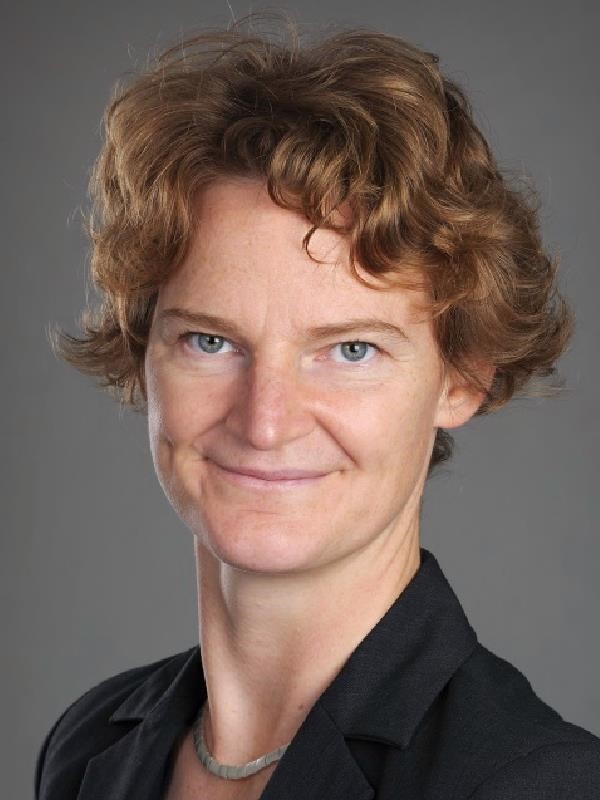
Dr. Tanja Kirn, Ass.-Prof.; Projectcoordinator & Projectleader Universität Liechtenstein
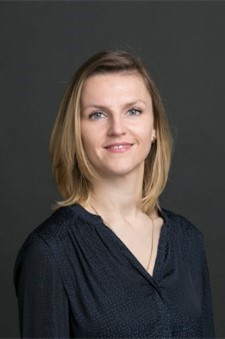
Dr. Denisa Solognon; Projectleader LISER – Luxembourg Institute of Socio-Economic Research

Prof. Cathal O’Donoghue; NUI Galway (contractual partner)

Dr. Gijs Dekkers; FPB Brussels, KU Leuven (associated partner)

Dr. Philippe Liégeois, LISER – Luxembourg Institute of Socio-Economic Research
Project: 2023-1-LI01-KA220-HED-000157594


